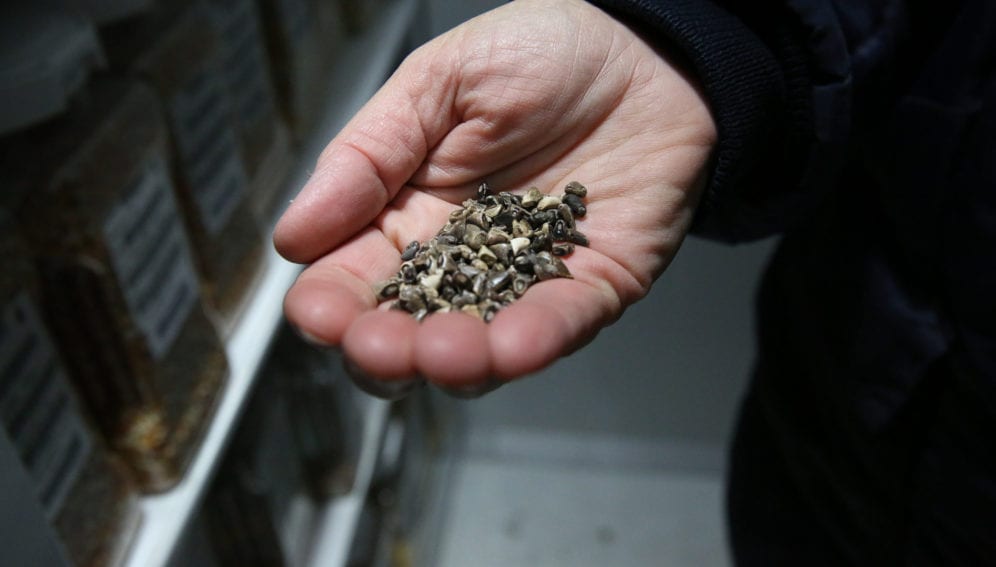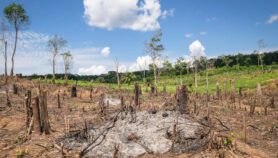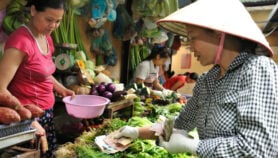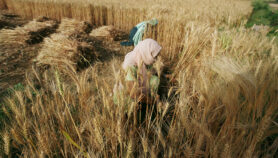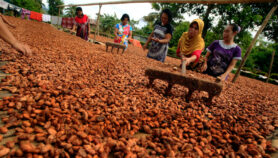By: Justin Petrone
Send to a friend
The details you provide on this page will not be used to send unsolicited email, and will not be sold to a 3rd party. See privacy policy.
A new study examines the potential for South-South cooperation where India’s seed sector could provide African farmers, particularly its poorer smallholders, affordable, high-quality seeds — in the same way that Indian pharmaceutical companies supply African countries with inexpensive, generic drugs.
The study finds that while an opportunity exists for a partnership, Indian seed companies face numerous obstacles in Africa, including a diverse regulatory landscape and complex market dynamics.
“The ambition was to explore the proposition that the Indian seed sector might do for seeds what the Indian pharma sector did for affordable generic drugs in Africa,” says Dominic Glover, researcher at the Institute of Development Studies (IDS), Brighton, UK, and author of the study, published last month (January).
“We found that, by and large, the cooperation and the benefits have potential for the time being,” he says. “There are some examples of investment and cooperation, and also some problems and difficulties, but not much that makes a clear or compelling story.”
To compile the study, IDS worked with partners at the Research and Information System for Developing Countries (RIS) in Delhi, the UK’s department for international development field office in India and members of the Future Agricultures Consortium in Ethiopia and Kenya.
While the African seed market is becoming competitive, with an increasing presence of both Western and Chinese companies, it remains “highly segmented between different crops and technologies” divided into “distinct agro-ecological regions and cropping zones” and fragmented into national and regional markets, complicating India’s opportunity.
Still, according to the study, Indian seed companies, accustomed to serving millions of resource-constrained, smallholders at home, could have an advantage. But it would take high-level collaboration between the Indian government and its African counterparts, as well as between various non-governmental organisations and the seed companies, to make it work.
“India’s seed industry has an opportunity to expand its operations in Africa, but to do so it needs to raise its game, because it will need to compete hard in challenging markets against rivals from around the world,” according to authors who say genetically modified crops, such as India’s successful pest-resistant Bt cotton, are best poised for a breakthrough in Africa.
“Some of the players on the Indian side see their big opportunities in hybrid seed and possibly transgenics for those African countries that may permit them,” Glover says. He cautions, however, that it will take “some entrepreneurial spirit by Indian seed companies and ambitious foreign policy from the Indian government and South-South development cooperation, to get things moving.”
If Indian officials and seed companies succeed in doing so they may open up lucrative new markets given their experience in reaching Indian smallholders, notes Niels Louwaars, the director of Plantum, an association that represents the Dutch plant breeding sector.
“Indian seed companies might have a significant advantage in Africa, not primarily because of their varieties but because of their entrepreneurship,” says Louwaars. “They have emerged in a market that bears specific risks and that has low margins, an experience that may be very valuable in Africa where getting seeds to remote areas is a prime obstacle.”


